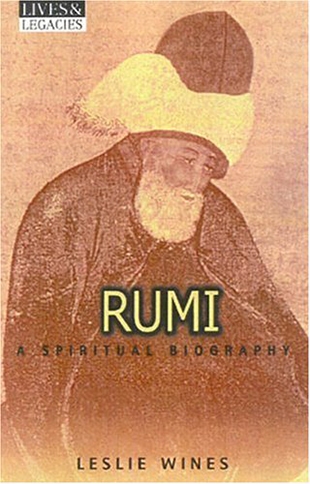"Another part of Rumi's very broad appeal may derive from his genuinely cosmopolitan character; if many types of people today feel linked to Rumi, it may be because in his lifetime he enjoyed unusually good relations with diverse groups. Born in or near Balkh in the province of Khorosan, in what is now Afghanistan — an area with Buddhist, Islamic, Christian, Zoroastrian and Jewish traditions — Rumi apparently was familiar with all those religions and often friendly with their practitioners. After the death of his first wife, an Islamic woman, Rumi chose as his second wife a woman many people believed to be of Christian origin. And this second marriage took place, somewhat remarkably, at the time of the Crusades, when large portions of the Christian and Islamic worlds were preoccupied with conquering each other. The hagiographers tell us that there was no more beautiful tribute to Rumi's universality than his funeral, a forty-day marathon of grieving attended by distraught, weeping Muslims, Christians, Jews, Greeks, Arabs and Persians."
See our map for A Celebration of Rumi
Rumi A Spiritual Biography
A reason for Rumi's broad appeal.
